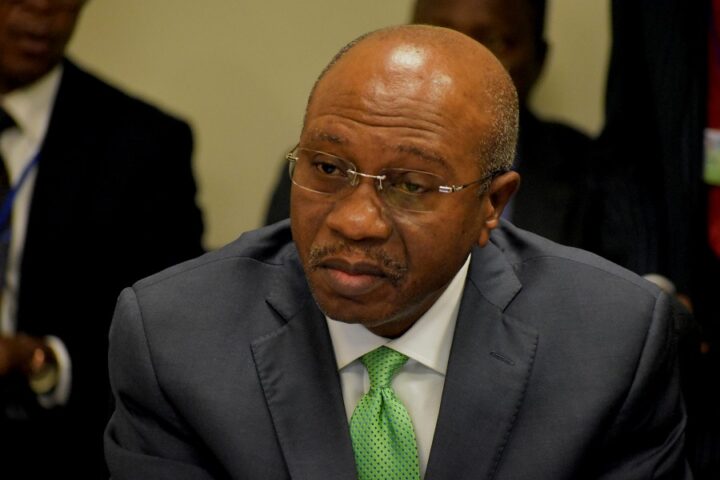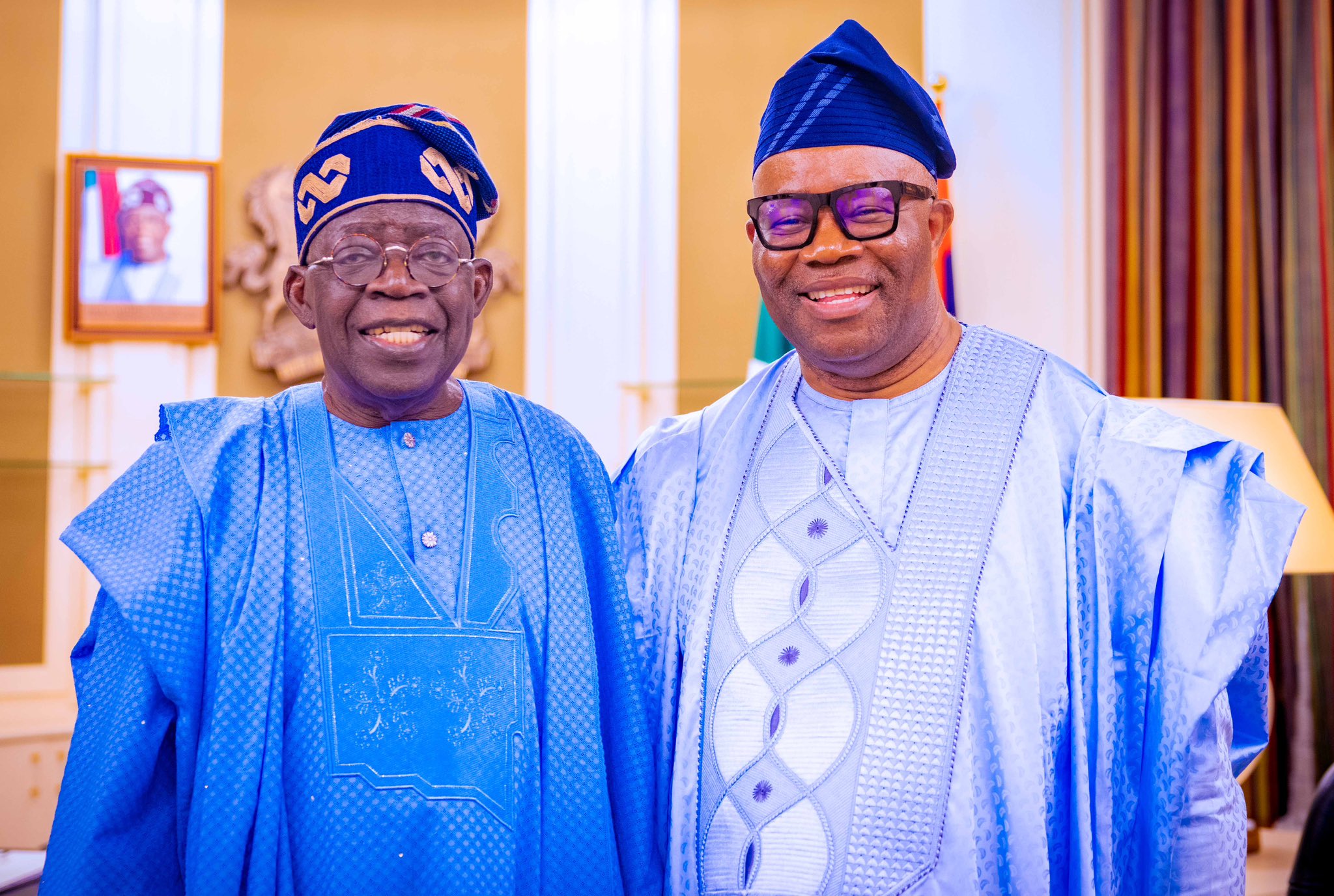Let me begin this article with a narration of the stories of Enrico Mattei and John D. Rockefeller, two of the greatest icons of the global oil industry whose impact is still with us today. Mattei was the founder of ENI (Ente Nazionale Idrocarburi, National Hydrocarbon Authority), the giant global Italian oil company, equivalent to our Nigerian National Petroleum Company Limited (NNPCL), in 1953.
At the time of the founding of ENI, Italy had no oil company of note and found itself shut out of the global oil industry dominated by companies from the United States of America, and Britain. The Italian government thus appointed Enrico Mattei, a notable Italian technocrat to remedy this problem. Having founded ENI, Mattei set about this task by securing concessions from oil-producing countries in North Africa, Iran, and Russia under terms that favoured these countries better than what the existing oil giants were offering to the aforementioned countries. In other words, he was undercutting the established oil giants whom he dubbed the “Seven Sisters”. These were; Mobil, Shell, British Petroleum, Esso, Gulf, Socal, and Texaco.
Mattei was so successful at his task that he ended up securing the oil concessions which began to herald ENI and Italy as major oil players in the global oil industry. Tragically, Mattei died when his jet was involved in a mysterious mid-air explosion on his way from Sicily to Milan; an act which was suspected to be the work of interests threatened by his exploits in the oil industry.
John D. Rockefeller we all know as the greatest oil magnate in American history. Although not among the initial front liners in the American oil industry, he nevertheless ended up as the top dog dominating the industry through his Standard Oil Company which he founded in 1870, and its subsidiaries which at its peak controlled over 70% of the American and global oil business. Standard Oil was into exploration, refining, and transportation through railroads, trucks/wagons, and pipelines, in short, the entire value chain of the oil industry in America. Until it was broken up into 34 companies in 1911 under the Sherman anti-trust act by the US Supreme Court, Standard Oil with its vast reach ended up consolidating under it the upstream, midstream, and downstream sectors of the American oil industry. Offshoots of Standard Oil like ExxonMobil, Chevron, and even by equity holding, Shell, BP, and a good many of the global oil companies are still with us today.
Advertisement
This is the industry that Aliko Dangote, Nigeria’s commodity king and richest man in Africa is venturing into with the establishment of a 650,000 barrel-per-day capacity refinery in Lagos. This development is indeed a milestone for both Dangote and Nigeria as it promises to consolidate Nigeria’s position as the hub of Africa’s oil business. This much was evident as five African heads of state were present at the inauguration ceremony of the refinery.
In my own reckoning, due to the nature of the oil industry which is known for its volatility and swings, Dangote has his work cut out to sustain the refinery in operation into the future. He will have to contend with a myriad of issues not least of which are; competition from established major local and global players in the refining subsector, reliability in the supply of crude, marketing, and distribution of the products of the refinery domestically and externally, technical maintenance of the facility, all this while keeping an eye on the financial position of the project.
As I see it, the establishment of the refinery is the beginning of a long journey fraught with uncertainties as the industry is. It is merely the end of the engineering, procurement, and construction (EPC) phase of the project. The real song and dance is the sustainability phase of the project where it will have to justify the investment made.
Advertisement
Realistically, I do not think at this stage Dangote has all the necessary aces up his sleeve on this one. Like the Nigerian government found out, you could build refineries, pipelines, and supporting facilities but that does not guarantee that you will succeed in your aim. And you will end up with moribund refineries, decaying facilities, and ultimately a near-zero return on investment as our refineries have become. The main challenge is the lack of technical capacity to run the facility in order to justify the investment, aside from the massive corruption, this has been one of the bane of NNPC operations over the years. In trying to close this critical gap, NNPC has seen the need to enter into joint technical partnerships with oil giants over the years.
Essentially in the oil business, players must not keep standing still or risk being eaten up by competitors. For Dangote who is stepping into the business as a newcomer, there are two operational paths open for him to make good the aims of this refinery project; he must control and consolidate the domestic Nigerian oil market as Rockefeller did in America, and aim to undercut the other players in especially the West African field like Mattei of Italy did with ENI. In this endeavour, he has no alternative choices to these two pathways.
It is instructive that the Nigerian government has a 20% stake in the Dangote refinery project. This signals that the government is not only investing in the project but for strategic reasons it will do what it can to advance the interest of Nigeria in it. As the Dangote refinery is projected to market its products in the West African region and even beyond, it will not be out of place for Nigeria to engage in oil politics and diplomacy not just because it has an equity stake in the refinery but also for strategic reasons of securing a toe hold for Nigerian hydrocarbon products in the region.
In every oil-producing country, the oil industry is one of the platforms for the advancement of a country’s strategic economic interests.
Advertisement
Unlike many who got licenses to build and operate refineries without doing anything about it and those who are content to just collect oil mining licenses and reap fat fees from them, Dangote has taken the plunge into the murky and uncertain territory of the global oil industry. It will be ultimately to Nigeria’s benefit that he succeeds and everything must be done to help him along.
Views expressed by contributors are strictly personal and not of TheCable.
Add a comment







